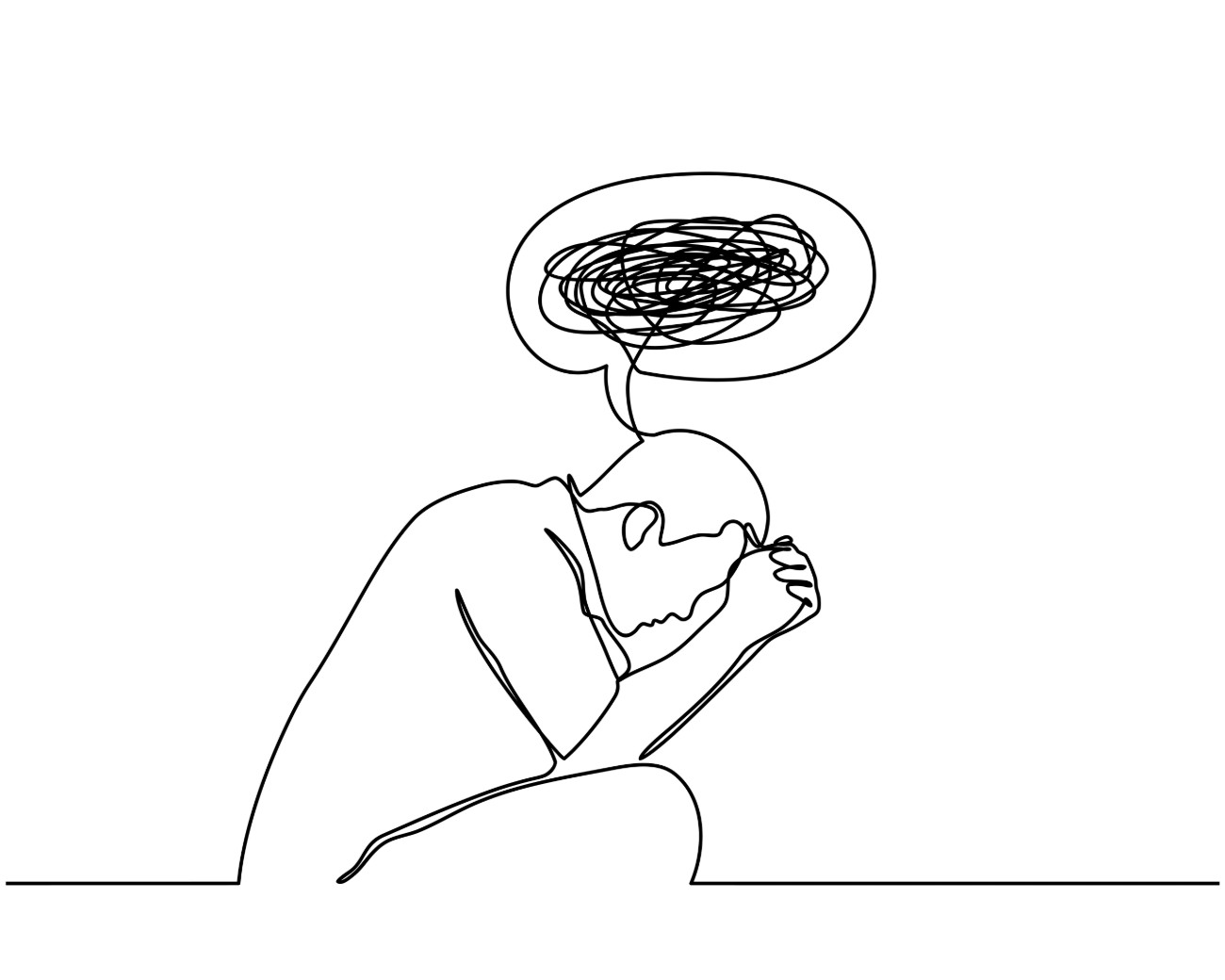Anxiety is a condition that affects individuals differently, so there isn’t a one-size-fits-all treatment. However, coping strategies exist. Fortunately, you can learn everything you need to know about anxiety with a search online right now.
While living with anxiety can be a daily challenge, there are simple yet effective ways to alleviate it. Whether you’re looking for relaxation techniques, mindfulness exercises, or tips for reducing stress, you can learn to cope with anxiety.
What is Anxiety?
It’s normal to feel anxious and stressed from time to time. There is a difference between feeling nervous and having anxiety. Anxiety can start to interfere with your work, relationships, or other aspects of your life that you can’t control.
It’s when your nerves translate to physical symptoms, whether it be the choices you make or a natural bodily response. For example, someone nervous before taking a test might have butterflies in their stomach. A person with anxiety prior to taking a test may have a panic attack that’s triggered by their intense feelings of worry and fear.
Symptoms of Anxiety
Anxiety might cause you to feel a disconnect between your body and mind. Your mind might spiral, your heart could race and you may feel like you can’t get a grasp on what’s happening. This can come in different forms and bodily responses. Some of the most common symptoms for anxiety include:
- Feeling nervous, tense or restless
- Increased heart rate
- Sweating
- Difficulty sleeping
- Trouble focusing or controlling worry
- Having a sense of impending panic, danger or doom
How To Manage Anxiety
It’s always a good idea to seek help from a medical professional if you’re struggling with mental health. Psychotherapists can learn about your thought patterns, symptoms and experiences to help you feel better.
A medical professional might recommend ways for you to handle your anxiety naturally through coping mechanisms. These are things you can implement into your lifestyle to keep your mind at ease and anxiousness at bay. If you’re experiencing anxiety and are looking for ways to treat it, here are three things that can help you understand your disorder and make yourself feel better.
Acknowledge Your Triggers
Learning the origins of your anxiety and what triggers it can help you treat it. By understanding what is making you feel nervous and uneasy, you can start finding patterns. You’ll be able to limit your exposure to these triggers, or you may discover specific ways on how to cope when the situation arises.
Facts Vs. Stories
When you’re anxious and your mind starts to spiral, it can be easy to think the worst. Your brain can jump to conclusions and trigger your anxiety-related symptoms. When this happens, try focusing on the facts instead of adding your own narrative to it. Question your thought pattern and ask yourself: is what I’m thinking true?
For example, don’t go into a test assuming you will fail and sabotage your entire future. Ground your mind and stick to what you know: you’re going to take a test, you have done what you can to prepare for the test, and you will find out how you did on the test after it’s marked.
Take Care Of Your Physical Health
Mental and physical health are two different things, but they also go hand in hand. Taking care of your body can help you feel good and hopefully improve your mental health. This means eating a proper diet and getting regular exercise are things that might boost your mood and overall health.
Exercise can be a simple walk around the block to clear your mind. It also helps to find an exercise you enjoy so that it feels less like an obligation and can become a long-term, healthy hobby.
Talk to a Therapist
Depending on the extremity of your condition, a therapist might recommend taking medication to treat anxiety. Medications come in different forms that help to calm your mind, relax muscles and regulate your mood. The type of medication that’s best for your anxiety will ultimately be determined by your doctor based on your unique symptoms and experiences.
Don’t be afraid to talk about your feelings with a trusted friend or family member. Sharing how you’re feeling about something can make you feel less alone, as well as help loved ones better understand your condition and how they can help.
Learn More Coping Strategies Today!
While we’ve touched on some effective techniques here, there is a wealth of knowledge and support available online to help you gain a deeper understanding of anxiety and how to cope with it effectively. Whether you’re seeking advice, mindfulness exercises, or professional guidance, the internet offers a wide range of resources to assist you in your journey towards a more peaceful and balanced life.
Don’t hesitate to explore further, as you’ll discover invaluable insights and strategies to help you navigate the challenges of anxiety and emerge stronger and more resilient.
